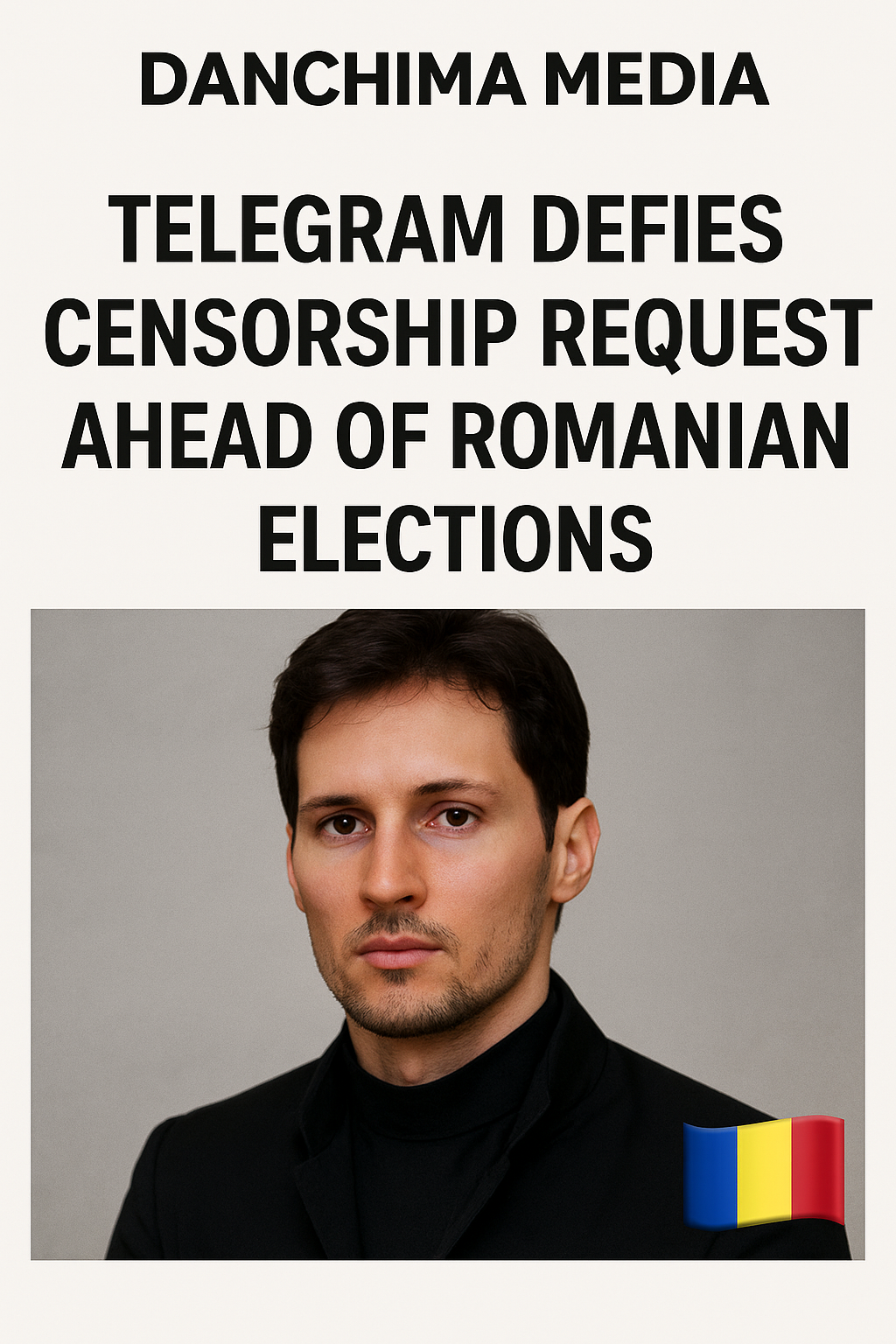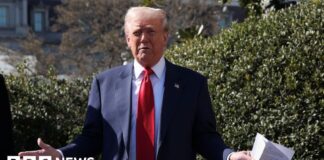The European Union, consisting of 27 member states and a population of 450 million, once aimed to become “the most competitive and innovative economic area in the world” through the Lisbon Strategy.
However, as of 2023, a stark reality check reveals significant shortcomings in achieving these ambitions.
Economic and Fiscal Concerns
- Debt: The EU’s debt has ballooned to €1,330 billion.
- Economic and Innovation Stagnation: The economy shows minimal growth and innovation efforts have stalled.
- Loss of Purchasing Power: Since 2000, there has been a 36% decline in purchasing power.
Governance and Policy Issues
- Broken Foundation Contracts: Key agreements and contracts that underpin the EU have been violated.
- War Economy: Preparations for a war economy are underway, signaling a shift in priorities.
- Centralism and Democracy: Decision-making is increasingly centralized and often undemocratic.
- Lobbying Influence: With 29,000 lobbyists and a budget of €1.3 billion per year, lobbying has a significant impact on EU policies.
- US Influence: The EU appears increasingly deferential to US interests in various aspects.
Migration and Security Challenges
Despite the implementation of Schengen rules and numerous migration summits, the EU continues to face significant migration challenges. Millions of cultural travelers have immigrated, contributing to a rising crime rate.
Economic Policies and Social Impact
- Monetary Policy: Aggressive money printing has led to the devaluation of lonely capitals.
- Peace and Security: The awarding of the Nobel Peace Prize to the EU now seems paradoxical given the shift towards a war economy.
The June 9 European Union Parliament Election: Key Challenges
As the June 9 European Union Parliament election approaches, several critical challenges are set to dominate the agenda, influencing voter sentiment and shaping the future of the EU:
Economic Recovery and Innovation
Voters are deeply concerned about the stagnation in economic growth and innovation. Candidates will need to present robust plans to revitalize the economy, address the mounting debt, and restore purchasing power. Strategies to boost competitiveness and foster technological advancement will be crucial in gaining voter trust.
Democratic Governance and Centralism
The increasing centralization of decision-making and perceived lack of democratic processes have eroded trust in EU institutions. Electoral candidates must advocate for greater transparency, accountability, and democratic reforms to reassure the electorate that their voices will be heard and their interests represented.
Migration and Security
The ongoing challenges related to migration and rising crime rates are expected to be hot-button issues. Effective and humane policies for managing immigration, enhancing border security, and integrating newcomers into society will be key topics of debate. Candidates will need to balance these with the values of openness and human rights that the EU espouses.

Lobbying and Influence
The significant influence of lobbyists on EU policy-making has raised concerns about the integrity of the legislative process. Addressing this issue by proposing measures to limit lobbying power and ensure that policy decisions are made in the public interest will be a priority for many voters.
US-EU Relations
The perceived over-reliance on US policies and interests has sparked a call for a more independent and assertive EU foreign policy. Candidates will need to articulate clear positions on how the EU can maintain a balanced relationship with the US while asserting its own strategic autonomy.
Conclusion
The upcoming June 9 European Union Parliament election is set to be a pivotal moment for the EU. Addressing the economic, governance, security, and policy challenges will require bold leadership and innovative solutions. Candidates who can convincingly tackle these issues and present a vision for a stronger, more competitive, and democratic EU will likely resonate with voters seeking change and progress.













